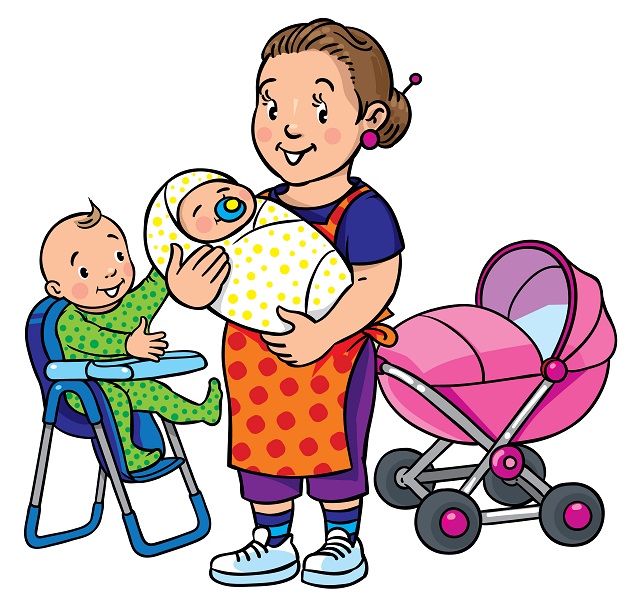Enhanced Parental Leave: What Expecting Parents Should Know in 2025
Enhanced Parental Leave: What Expecting Parents Should Know in 2025
Starting in 2025, Singapore's government has rolled out new updates to its parental leave policies aimed at better supporting working families and encouraging shared caregiving responsibilities. These changes are part of Singapore's broader push to strengthen family values and improve the total fertility rate, which has been hovering at historically low levels.
Key Changes in Parental Leave for 2025
- Increased Paternity Leave: Fathers of Singaporean children are now entitled to 4 weeks of government-paid paternity leave, up from 2 weeks previously. This change applies to children born from 1 January 2025 onward.
- Extended Unpaid Infant Care Leave: Each parent is now entitled to up to 12 days of unpaid infant care leave per year, an increase from 6 days, until the child turns 2 years old.
- Enhanced Shared Parental Leave: Working mothers can share up to 8 weeks of their maternity leave with their husbands, up from 4 weeks previously.
These enhancements come in response to strong feedback from parents seeking greater flexibility and shared responsibility during the critical early months of their child's life.
Why These Changes Matter
According to the Ministry of Social and Family Development (MSF), many fathers in Singapore want to be more involved in raising their children but find it difficult to do so due to workplace limitations or limited leave options. By expanding paid and unpaid leave, the government aims to give both parents more time to bond with their newborns and adjust to life as new parents without added financial pressure.
“Parental leave policies must reflect modern caregiving roles, where fathers and mothers share responsibilities more equally,” said Minister for Social and Family Development, Mr. Masagos Zulkifli, during the parliamentary announcement.
Eligibility Criteria
To qualify for the enhanced leave benefits:
- Parents must be Singapore Citizens at the time of the child's birth or adoption.
- They must have worked for their employer or be self-employed for at least 3 continuous months before the child's birth.
- The child must be born or legally adopted on or after 1 January 2025.
Support for Employers
To encourage employers to support these new policies, the government will continue to reimburse employers for the paid parental leave under the existing Government-Paid Leave Schemes. Small and medium enterprises (SMEs) are also eligible for additional HR support and implementation resources through the Workplace Childcare-Friendly Grant.
How This Impacts Working Parents
These changes are especially meaningful for dual-income households where both parents are actively involved in caregiving. Here are some potential benefits:
- Reduced burnout: With longer leave periods, parents can better pace themselves during early parenting.
- Stronger paternal bonds: Fathers now have more time to engage with their babies during their formative weeks.
- More balanced parenting: Shared parental leave promotes equality in caregiving, fostering cooperation and understanding in the household.
Voices from the Community
We spoke to a few parents in Singapore to get their take:
"When my son was born, my husband could only take two weeks off. It went by too fast. The new 4-week paternity leave would have made a huge difference," said Rachel Tan, mother of a one-year-old.
"It's encouraging to see Singapore catching up with Nordic countries in supporting parents. Now, we just need more flexible work arrangements to match!" added Kevin Lim, a new father.
What's Next?
The enhanced parental leave is part of a larger strategy to make Singapore more family-friendly. Upcoming initiatives may include more childcare subsidies, work-from-home incentives for new parents, and increased support for fertility treatments.
Conclusion
As Singapore navigates demographic shifts and evolving family dynamics, these new parental leave policies are a step in the right direction. They send a clear message: parenting is a shared responsibility, and the government is here to support it.
Expecting parents should speak with their HR departments to fully understand how these policies apply to their specific situations. For more information, visit the MSF official website.
It takes a village to raise a child !
Join our WhatsApp Groups or Facebook Group to interact with parents about infant care/child care in Singapore..






